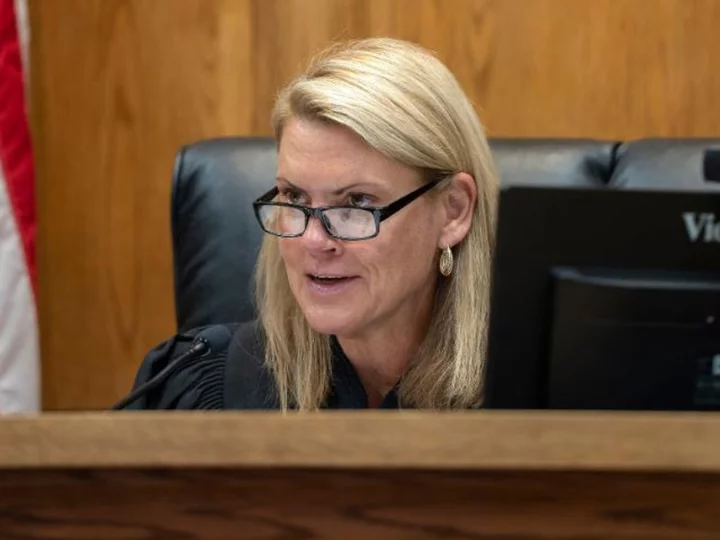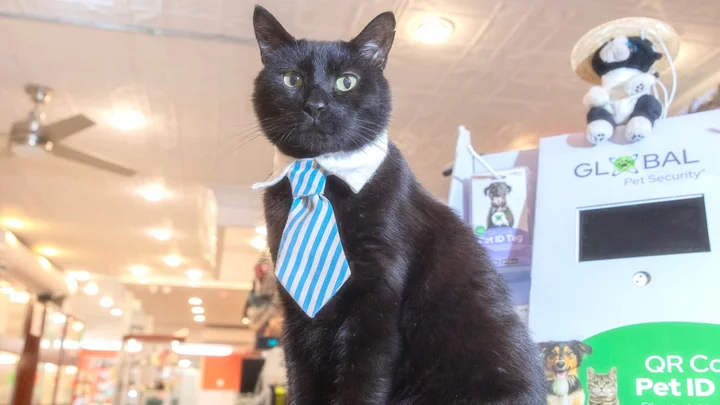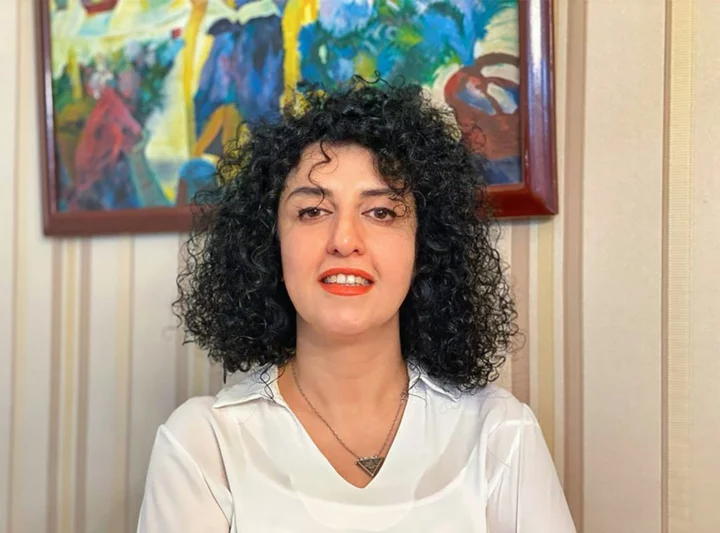For parents raising children in a world entwined with digital culture, posting about our kids on social media is fun, but it can be a field of landmines requiring careful approaches.
When I visit schools as a guest speaker on digital media and technology, I'll ask students to step into a circle if their friends have ever posted something embarrassing about them on social media. About half the kids usually step in. But when asked if their parents have ever posted an embarrassing picture, overly revealing information, or a cringeworthy story about them online, 100 percent of them step forward nearly every time — and the implications of this newly pervasive childhood experience go beyond a blush of discomfort.
Although "sharenting," or parents sharing sensitive content about their children online, has become almost instinctive, kids need and deserve respect for their privacy that parents can demonstrate by taking a closer look at their motivations and posting practices.
SEE ALSO: What to do when social media insists you should be a 'gentle' parentWhen well-intentioned oversharing becomes a problem
"Malaya," a high school junior, is one of many teens and young adults who have described the horror of discovering their parents' social media pages for the first time as an adolescent. "I was not happy, because of course moms always have to post the most unflattering pictures," she said. "Right away, I was like, 'Oh my god, I have to stop her from posting all this stuff!'"
For Malaya, her whole social persona was at stake, as peers were making fun of her for playing the violin while her mother was posting her orchestral performances as content for the world to view. Malaya's mother surely did not intend to embarrass her daughter; in fact, pride in her daughter's accomplishments may have motivated her to post. But she also may have been sharing in service of her own need for validation and acceptance.
Think of your own social media feeds, including birthday posts filled with old baby pictures. It's hard to resist, especially when it seems like everyone is doing it — if you don’t post on your kid's birthday, does it appear that you don't care about them as much as the parents who roll out a carousel of images each year? And, let's face it, for busy parents, our kids are probably the best social media content that we've got, though even celebrity parents get called out for posting without consent.
Consider questions posted on community Facebook pages, like, "Who can refer me to a local social skills group? My daughter is really struggling to make friends," or a parent reaching out publicly to followers on Twitter/X for recommendations on a pediatrician with specific views on circumcision. In both instances, well-meaning parents need information and are attempting to crowdsource it from people in the know. But both of these posts could overshare private information a child may not want broadcast online.
While researching my book, Growing Up in Public, I heard heartbreaking stories about bullies digging up posts from the social media pages of classmates' family members to gather dirt used to tease their peers. Even if the impact isn't that extreme, by their tween and teen years (and often earlier) most kids crave control of their public persona. Something as innocent as a sweet post of your fourth grader lounging at home in Star Wars PJs might violate the image he's trying to project at school. It is easy to forget the ways our friend groups and the audiences for our posts overlap with theirs.
What's my why? Considering motivations
There are countless ways to share parenting experiences and many reasons to do so. Some parents share constantly, while others post only the "milestones." Some share on vacation and keep the everyday moments private. Parents may post to present a perfect public image, while some choose to show how imperfect life can be.
A parent's needs for support and community are valid, but they don't justify exposing a child's entire life story, especially when it comes to sharing a medical diagnosis or other sensitive information a child may want to keep private, now or in the future. Concerns related to identity theft, AI deepfakes, and other tech-driven issues continue to raise the stakes, as well.
Parents can reel in their "sharenting" practices — and strengthen their child's sense of privacy and trust — by asking themselves a few questions about their own motivations:
Am I posting to prove how much I care about my kids?
Is this post meant to help another parent struggling with a similar issue?
Is this necessary to find a resource addressing a specific concern?
When photographing, writing about, and posting about your kids, always consider the reasons — and if there is an alternative way to achieve your goals.
Finding alternatives that protect privacy
Parents often share online about challenging life experiences to try to help others, but rather than posting to social media about how your daughter took the ACT three times and was rejected from a dozen schools, you could instead share a version of the story privately with a friend, in person, if their child also is struggling with the college search process.
It's reasonable for parents to want to turn to social media for empathy, connection, and comfort, especially after the last few years of tumult. But it remains important to take a step back and ask yourself if there is another way to get the support you need and deserve. Can you call a sibling or a wise friend? Send a voice note to your best friend about your frustration or worry? Talk to a therapist, or connect with a support group? You could even consider joining an online parenting community that allows for anonymous posting.
If we remain focused on our motivations and intended outcomes, parents can meet the needs that social media fulfills while also respecting our kids' privacy.
Managing "sharenting" boundaries to cultivate trust
Sometimes parents post simply to celebrate their kids and their awesome achievements, or just to applaud how special they are in general. When they get their black belt or win a gold medal at their gymnastics meet, it can be tempting to post a video. Of course you want to share — you love that wonderful kid, and you're proud! But checking with your child first can avoid crossing boundaries by mistake.
Also, if there are a lot of other kids in the video, there are other reasons to reconsider: Instead of posting a video of a scene from a play where we can't get permission easily from everyone documented, could you share an anecdote from the play? Or, with consent, you could post a picture of just your child in their costume to a close network under tight privacy settings. If you're looking to share kid-approved pictures with trusted contacts, there also are private photo-sharing apps or devices like digital picture frames that offer more secure options.
But what if you do want to share about your kid's triumph in a struggle, activism in the community, or admission to college, and they do give you the green light to take it to social media? Or what about sharing a name change that they have asked you to post? One way to contribute to respectful parenting online spaces is using the phrase "posted with permission."
By acknowledging your child's consent, including this note on your content can make others (like me) more comfortable enjoying your posts. Asking permission models great boundaries with our kids — boundaries we want to help them learn and apply across their relationships.
That said, I still think we should be cautious, as it can be hard to predict how our kids may feel about what we share in the future. If in doubt, don’t share it out.
It's never too late to improve your practices. A wise habit to adopt is to periodically audit your posts to see if there are old ones that you may want to take down. If your kids are still too young for social media, imagine they are almost 13, soon to join you on an app, and about to scroll through your posts for the very first time. How will they feel? If there's content that seems potentially distressing in hindsight, remove it from your page and learn from the experience.
Ultimately, taking these steps will increase your kid's trust in you and can be an effective way to teach a child respect for privacy, consent, and boundaries.









